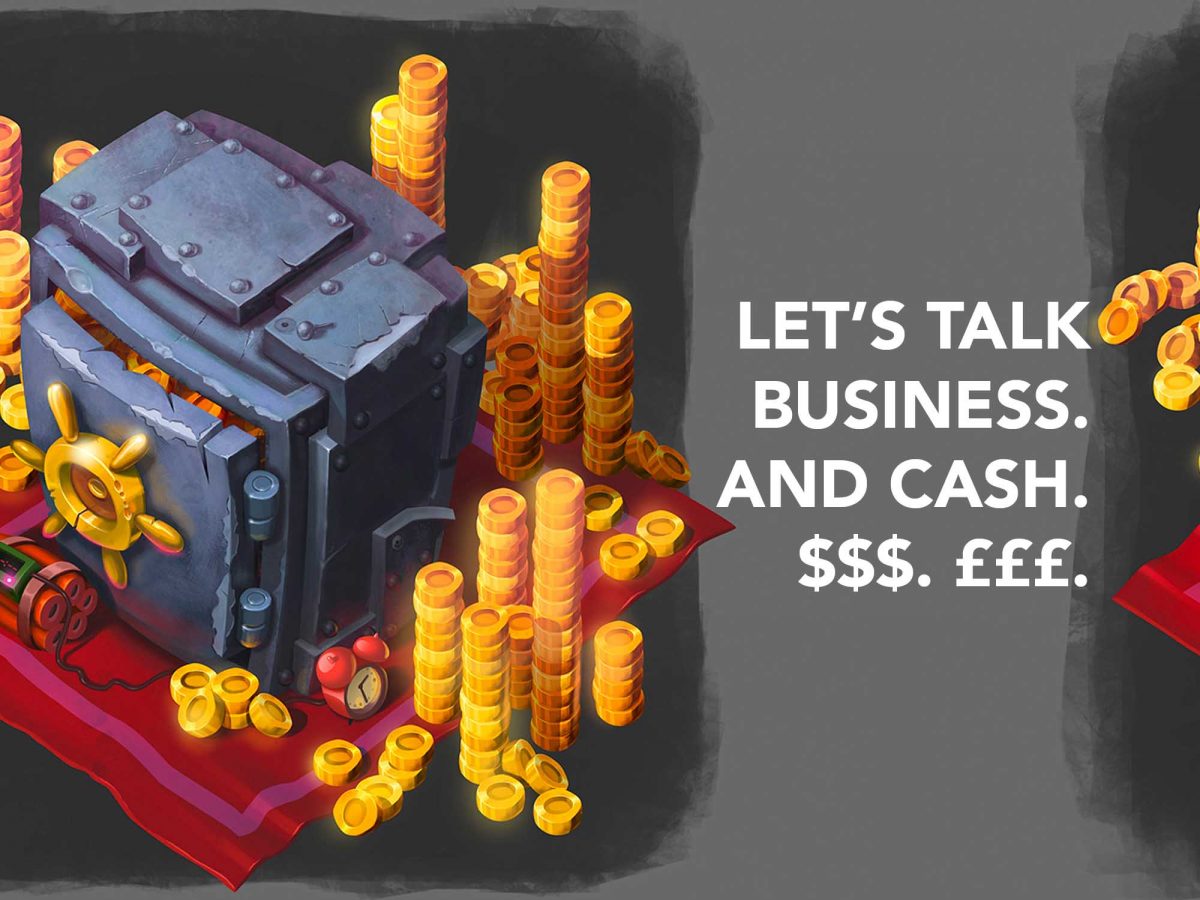Does this look grim? The first bullet list?
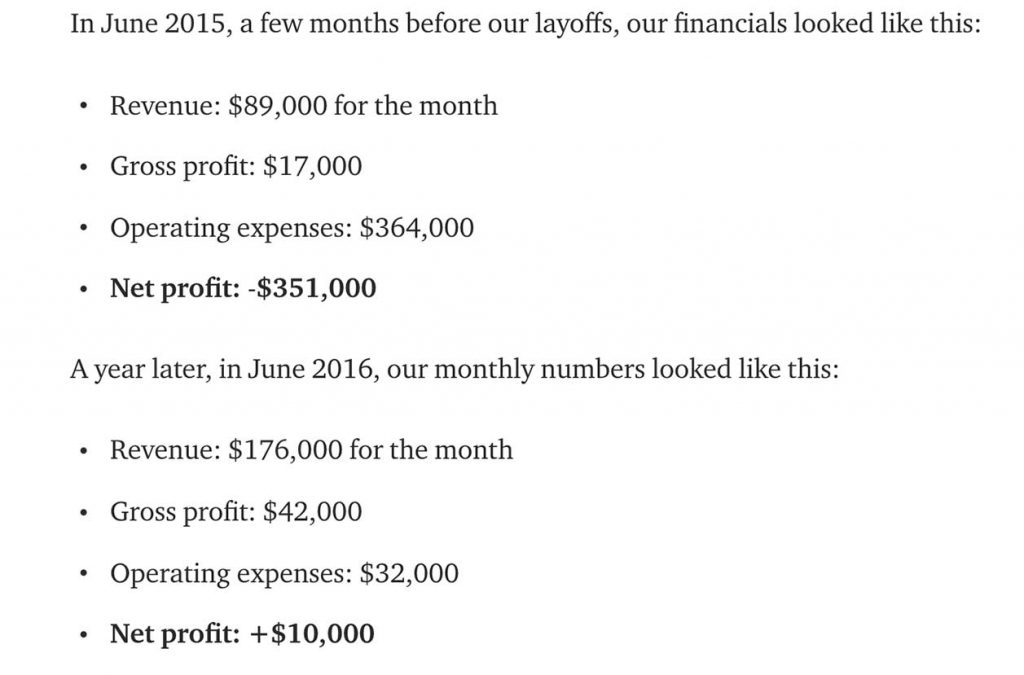
That’s what I’ll be talking. And the idea is not as short as “be scrappy”.
Scrappy is great. And it’s against human nature to be scrappy when you’ve got
Maybe we’re talking about someone who’s coming from a scrappy background and they’re not spending this earned wealth — but they still have the tendency to at least think about it.
It’s the oldest lesson in business.
Make more than you spend. And that’s easy and reduced to a trivial level. It’s next to “sure, economics boils down to supply and demand” — you haven’t told me
Here’s what I have to say today. That fancy chair in the office? The office in itself, in fact? Those many thousands per month in rent? And maybe you don’t have a $10,000/mo office. Maybe for
Hm, let’s think about it. If I tell you “cut down on expenses”, you’ll at most do it out of guilt. So let’s do this: let’s imagine the market crashes at this very moment. If you know 2007/2008, you’ll understand. If you’re into crypto and you know February 2018, January 2017 or December 2013, you’ll understand.
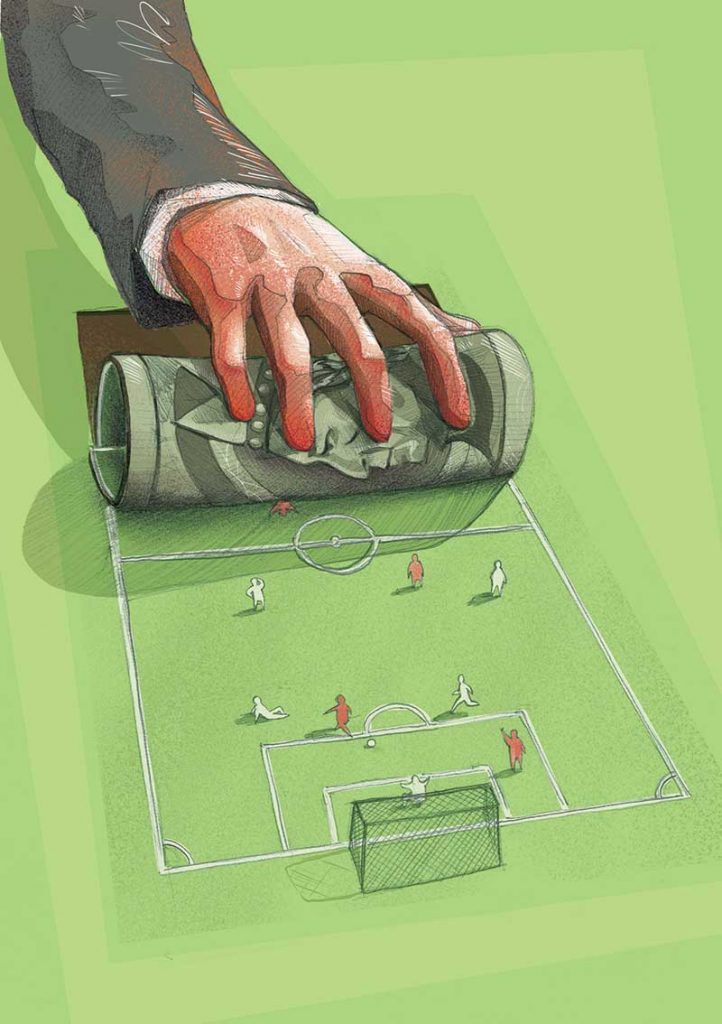
Let’s imagine this. At this very moment, your VC funds are decimated. If that’s not you, then say your assets are decimated — the bootstrapped company suffers. Everything is shitty financially speaking. And not just for you, but for most people around you.
And I know, you won’t imagine it. You’ll think “yeah-yeah, whatever, show me the damn point”.
The point is this
Being thoughtful about your expenses now will be a massive thank you from future you.
Practical example: Remember those moments when something bad happens and you say “Damn, I wish I’d have taken measures beforehand… It would’ve been less painful now”. Say an incident which insurance did not cover. You wish you’d have taken the next tier of insurance which would have covered it this incident.
Surely in another language there must be a word for it that’s untranslatable to English. That’s what I’m talking about. That feeling. Closest word to it is “regret”.
But it’s a lot more to it than regret. Lost potential, lack of fulfilment, anxiety, low self-esteem — to begin with.
If you’re burning more money than you should, you know it — somewhere in the back of your brain there’s a voice waiting to say:
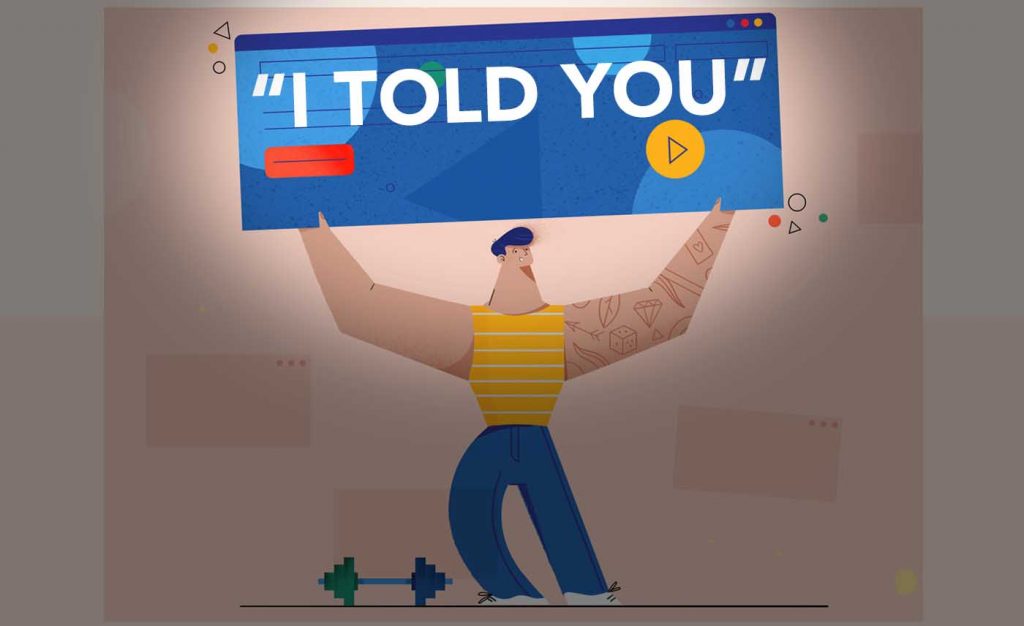
And that voice will be woken if you don’t take measures right now. The economy is doing good. And if you don’t know whether you’re burning more than you should or not, you’d do yourself a favour and go find out.
Practical example
Here’s Sahil Lavingia putting numbers for you. These are numbers from a company what went from VC-backed to majorly owned.

If you’re a numbers person, this is what I’m talking about in a nutshell.
Want another example? Well, I don’t know because there’s this thing called survivorship bias: we won’t hear from those companies who didn’t make it because they didn’t cut down on expenses. Those who bit off more than they could chew. The example above is given because
- 1) it made a heroic story
- 2) just like any other heroic story, it had a happy ending.
But so many stories didn’t. And I don’t want that to be you. I want you to tell your grandkids:
“Everyone who wasn’t good enough evaporated went the market went downhill and that’s when we prospered”
and not
“Let me tell you, back in my day it was so hard that I didn’t make it”.
And that brings me to my last point
Scrappy is good, but not all the times. You know what’s best? Lean. Lean is perfect.
Lean is a sacrifice short-term. Here’s a parallel to religion. A lot of religious stories talk about sacrifice. You know why?
The reason they talk about sacrifice is not because the deity gets pleasure from seeing her people in pain. It’s because she wants the long-term benefit of them.
Back to my “lean” point. It’s perfect because of a subtle thing I placed in a previous paragraph. Did you catch on to it? “When everything went downhill, that’s when we prospered.”
Pennies on the dollar
Here’s more numbers, because somehow if you tell people something that contains £ or $ or €, it makes more sense.
2019, economy is good:
- Random building costs £1,000,000
- Random car costs £50,000
- Random company is worth £250,000,000
- Good employee is paid £500,000/year but the company dies
2020 (let’s say), economy is bad:
- Same building: £150,000 (owner is in trouble, needs cash now. Will sell it lower than the anyways low value.)
- Same car: £20,000
- Same company: Maybe you can call your M&A friends and purchase that otherwise good but money-lacking company for £80,000,000
- Same employee: £200,000/year (some people committed suicide when the market collapsed. Not only this person would be a good player in this masterplan of yours, now you get him to join the team for pennies on the dollar).
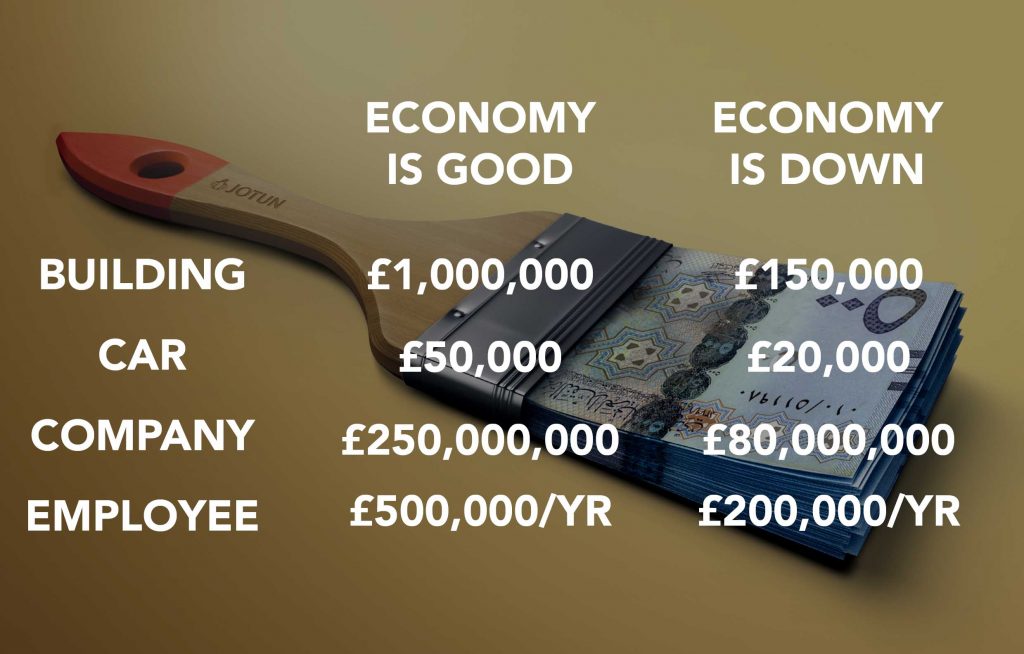
The bottom line
You were probably distracted 15 times as I was writing this up. The idea is this: sacrifices for long-term are what made our common ancestor aeons ago put mammoth meat aside.
That meant he not only fed himself both at that moment and later. He also realised the meat could go bad if it’s kept for too long. So he thought “if I share it with these folks in my tribe, they’ll also help me when I don’t do well”. Needlessly to say, that guy replicated successfully. Because of sacrifice for
Today, there are no mammoths. But today there are people who over-spend. And you can purchase what they will lose when the economy is not doing well for pennies on the pound. Be that ancestor’s version today — sacrifice that fancy purchases and you’ll get a hell of an ROI on this move.
About Ch Daniel
I run Chagency_, an experiences design agency that specialises on helping tech CEOs reduce user churn. We believe experiences are not only the reason why users choose not to leave but also what generates word of mouth. We’re building a credo around this belief.
If I’ve brought you any kind of value, follow me and get in touch here: LinkedIn | Twitter | Email | Quora | YouTube (same content but in video)
I’ve also created an infinitely-valuable app for sneaker/fashion enthusiasts called Legit Check that impacted hundreds of thousands over millions of times – check it out at chdaniel.com/app
Please share this with someone and subscribe to our newsletter!— helps us keep pumping content?
Illustration credits: Vladimir Lis, Jakub Cichecki, Magdalena Koźlicka, Mohannad Zorba


